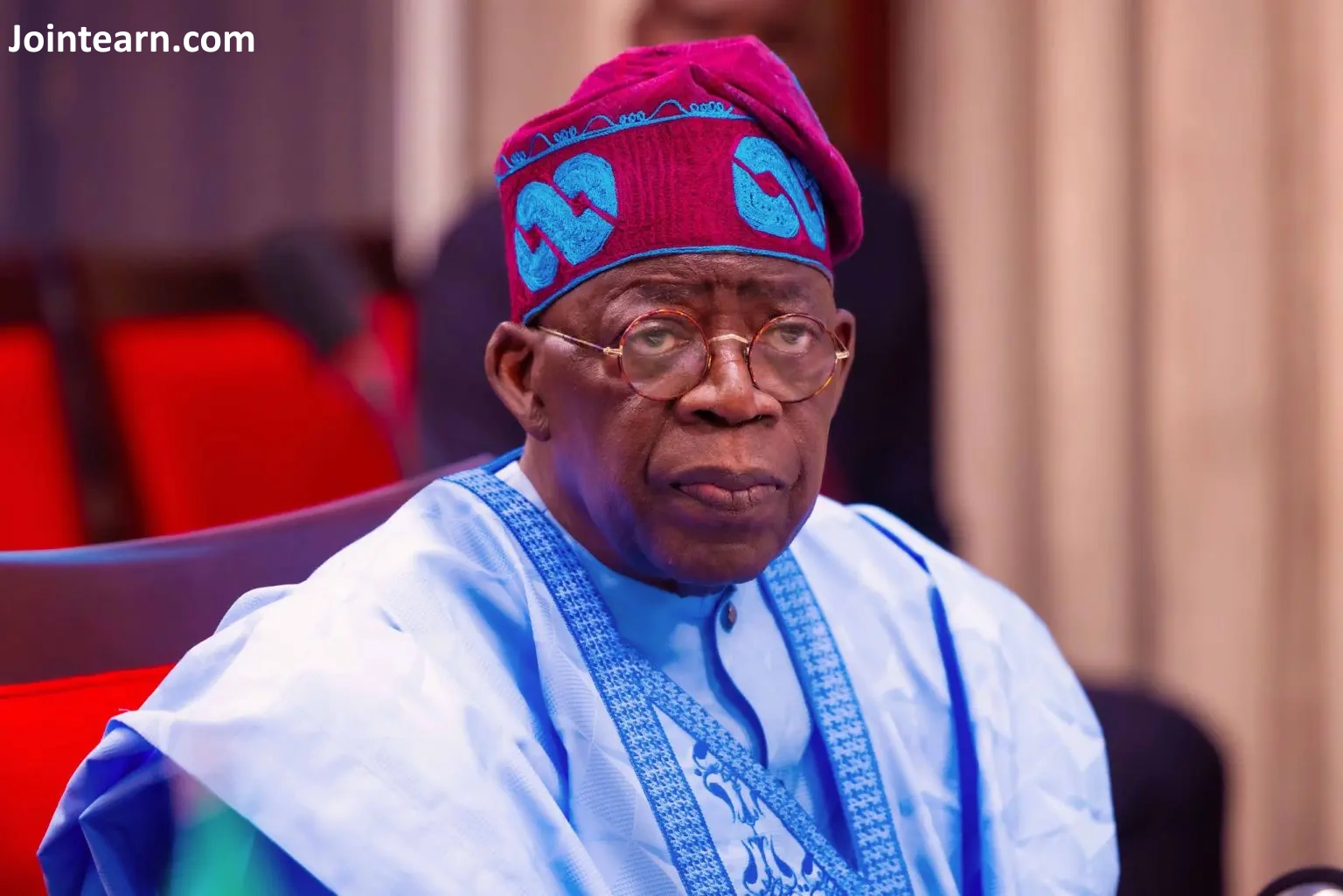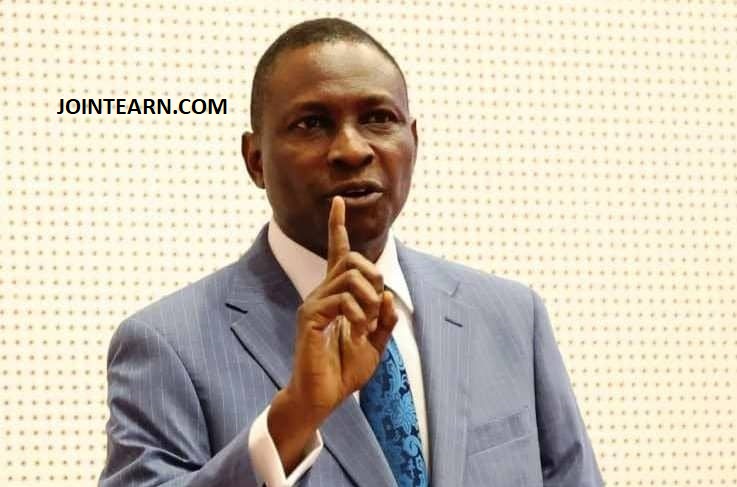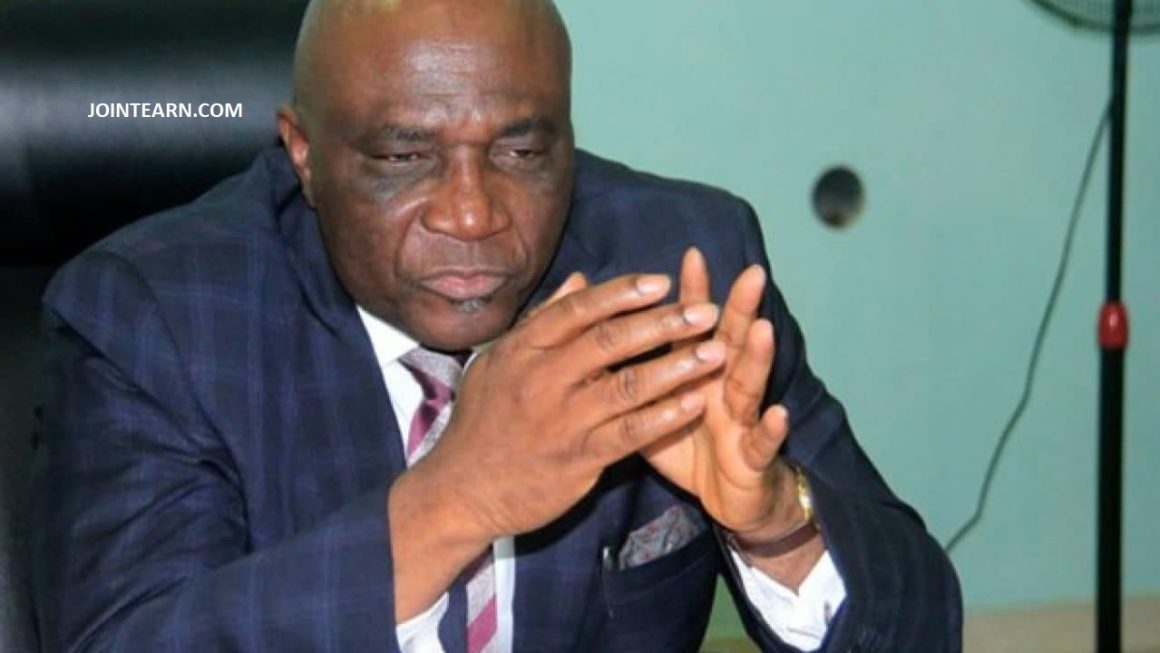After a two-week recess, members of Nigeria’s National Assembly have returned to Abuja, with President Bola Tinubu’s tax reform bills emerging as a key priority for discussion. These four significant tax-related bills—comprising the Nigeria Tax Bill 2024, the Tax Administration Bill, the Nigeria Revenue Service Establishment Bill, and the Joint Revenue Board Establishment Bill—are currently under review by both chambers of the Assembly. However, the debate surrounding these bills is increasingly divided along regional lines, with particularly strong tensions between the North and the South.
The crux of the controversy lies in the proposed allocation of the Value Added Tax (VAT) revenue. The bills suggest a 60% share of VAT revenue based on a derivation principle, which has sparked concerns in the North. Critics, including Rabiu Kwankwaso, the presidential candidate of the New Nigeria People’s Party (NNPP), argue that the bills are an effort by Lagos State to dominate the country’s tax revenue, particularly from Kano. Kwankwaso has called on lawmakers from Kano to be vigilant, warning that this would effectively allow Lagos to control taxes collected from Kano State. He joins other Northern politicians who have voiced their opposition to the proposed distribution system, fearing it would disproportionately benefit the South, particularly Lagos, which houses numerous corporate headquarters.
Despite these claims, Taiwo Oyedele, the chairman of the presidential committee responsible for the bills, has vehemently denied that the legislation is biased in favor of the South. In interviews, he has argued that the proposed changes would actually benefit Northern states more than those in the South, even suggesting that the bills would have the most significant impact on Lagos. However, many lawmakers remain unconvinced, and Oyedele has been actively engaging with the Assembly to clarify the details and implications of the bills.
A closer look at the composition of the National Assembly reveals a complex regional balance. In the Senate, which comprises 109 members, a simple majority of 55 votes is required to pass the tax bills. The North holds a slight edge with 57 senators, including one from the Federal Capital Territory (FCT), while the South has 51 senators. However, the North is not entirely uniform in its political stance. Northern states like Kogi, Kwara, Benue, Nasarawa, and Plateau in the North-Central zone may not align with the core Northern states, such as those in the North-East and North-West. These five North-Central states together account for 15 senators, and if their votes are excluded, the North’s number drops to 43, giving the South a potential advantage in forming a united bloc with these states.
The South itself is not monolithic, with some oil-producing states in the South-South likely to support the tax bills. This could pave the way for a coalition between a united Southern bloc and the North-Central states, giving the tax bills the necessary votes to pass in the Senate. Nevertheless, there is strong opposition, with Senator Ali Ndume vocally declaring that the bills are “dead on arrival” unless there is a shift in sentiment.
In the House of Representatives, where the 360 members are also divided regionally, the bills have garnered more support. Abdulmumin Jibrin, a member from Kano State, initially stated that Northern lawmakers would back the bills as they align with the region’s interests. However, his position may shift in light of Kwankwaso’s criticism of the bills. Meanwhile, Deputy Spokesperson Philip Agbese has been vocal in championing the tax reforms, emphasizing the need for the country to move forward economically and rejecting the influence of governors who are lobbying against the bills. Agbese revealed that some governors have even threatened to deny reelection tickets to members who support the bills in the upcoming 2027 elections.
In the House, a majority of 181 votes is required to pass any bill, with the North holding a total of 190 seats, compared to the South’s 170. However, as in the Senate, regional divisions within the North, especially in the North-Central, may shift the balance. If the North-Central votes differently from the rest of the North, the South’s 170 votes could potentially surpass the North’s 139, making the outcome of the vote heavily dependent on the final alignment of lawmakers.
In summary, the fate of the tax reform bills hinges on both regional loyalties and the political maneuvering of lawmakers from various parts of the country. While the bills have strong backing from some lawmakers, the intense regional division, particularly over the VAT sharing formula, means that the bills’ passage is far from certain. The coming weeks will likely see further lobbying, debate, and negotiations as the National Assembly continues to consider these significant reforms.












